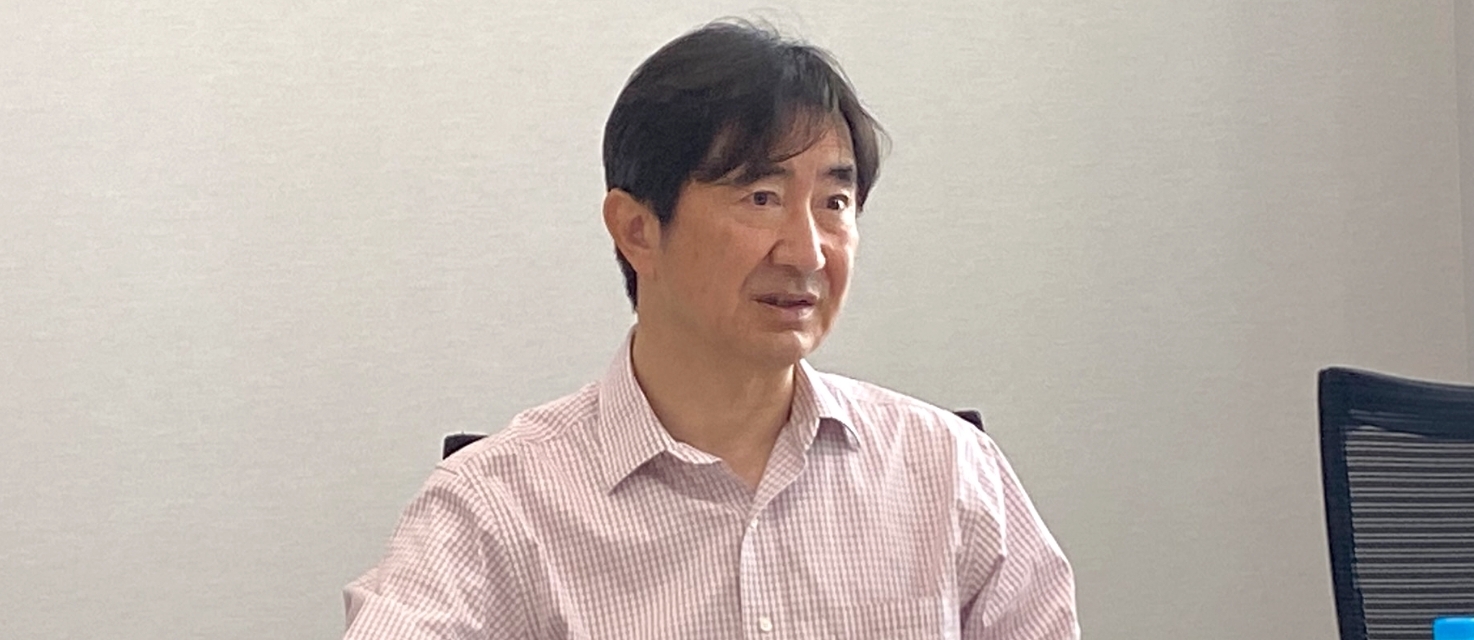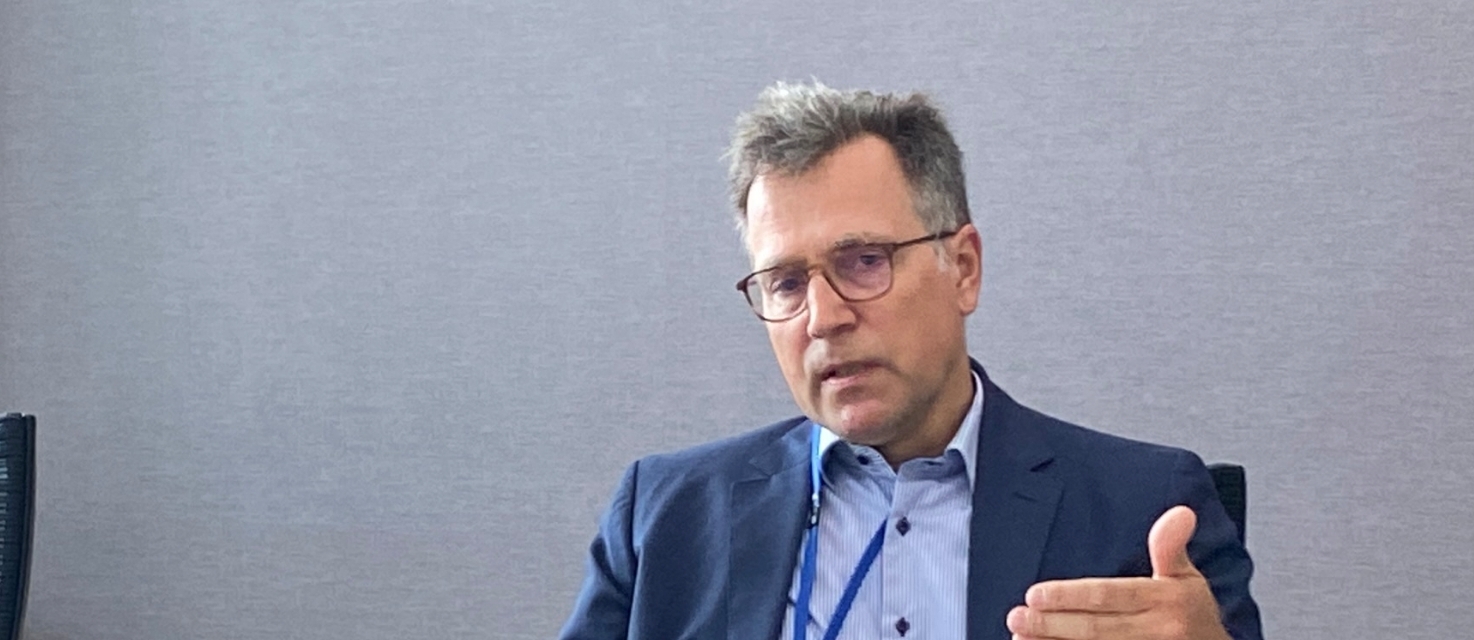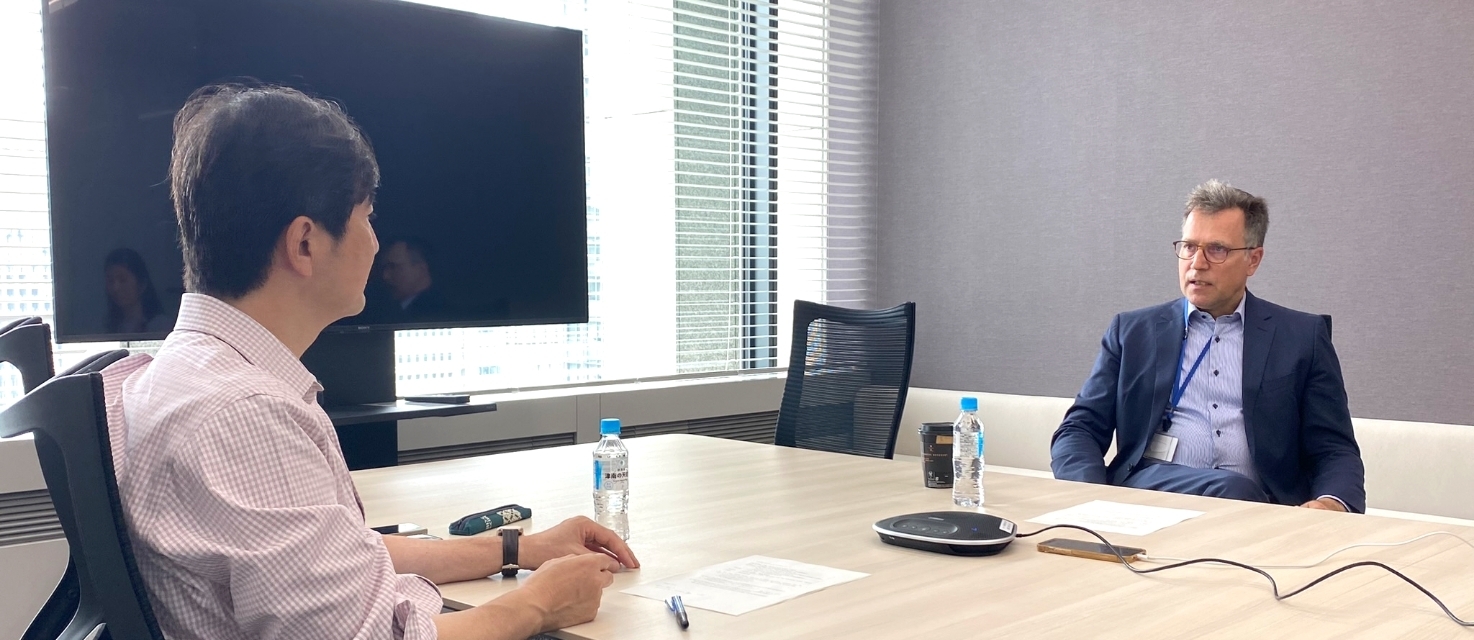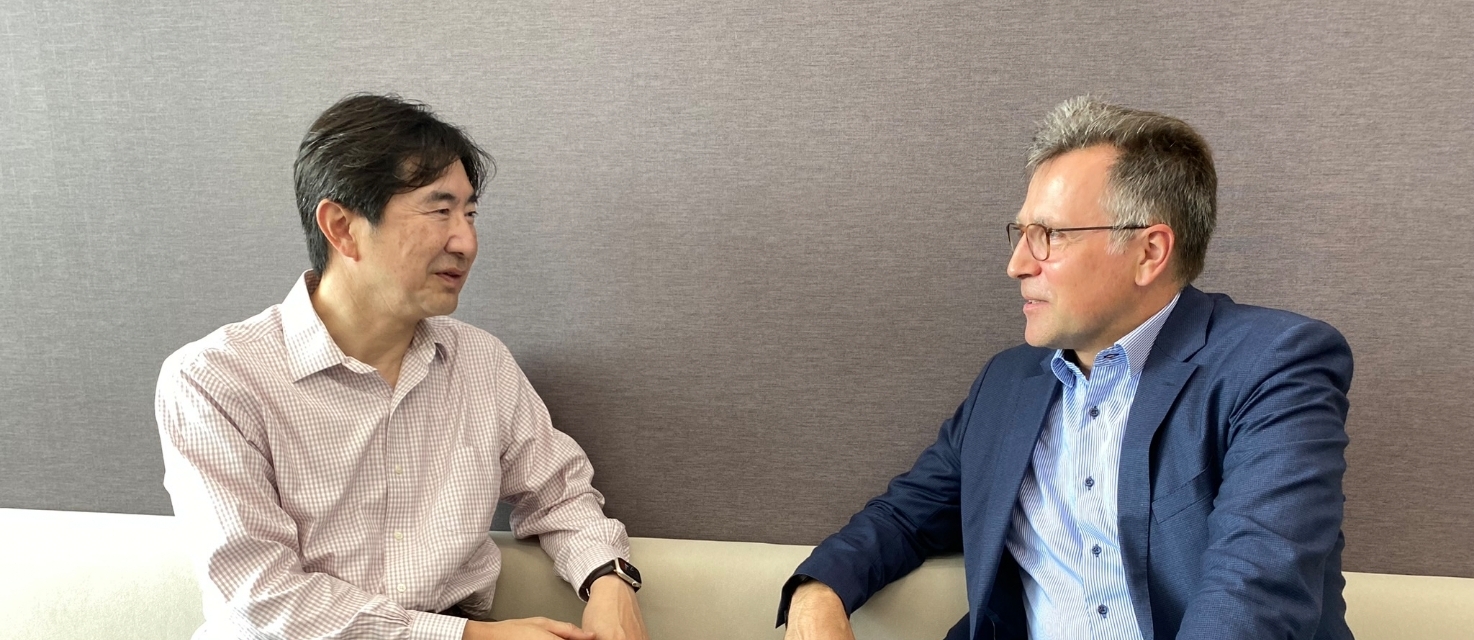Kawamura
Indeed. We often talk about developing future management leaders, but given the rapidly changing times, how do you think we should develop technology and innovation leaders?
Achim
We can never be fast enough to always have the latest experts in our organization. As a company, we need to prepare our people with interpersonal skills like curiosity and team capabilities so they can work together to tackle the challenges of the future.
Kawamura
It sounds like developing management leaders and technology leaders isn't all that different.
Achim
That's right. Leadership is the same no matter what field you're in. Whether you're a technology leader or a business leader, you need the same personal qualities. Your job is to make the machine run and to put the right players into the right seats. We must make our leaders understand that no leader knows everything; their role is to manage the network of experts. For example, I myself will never be an AI expert, but as a leader, I will need to put together a team with the skills to handle this challenge so that we as a company can head in the right direction.
Kawamura
I agree. That's important. But you know, sometimes, especially in technical fields like R&D, people prefer to focus on their work rather than take a leadership role. Have you seen this at Hitachi Energy?
Achim
Absolutely. R&D people tend to be technology-focused, but I do believe we can find great leadership talent among them.
Facilitating Collaboration Between Organizations
Kawamura
Let's move on to our next topic: future collaboration between Hitachi and Hitachi Energy. What do you think is the key to advancing collaboration between the two organizations?
Achim
Collaboration is a skill, so we need people who have this skill as well as a bit of time and effort for it to be successful. I'm convinced that we will get there, but we need to get away from hierarchical thinking. Whether we work for Hitachi Energy, Hitachi Limited, Hitachi Rail, or any other business, we are all Hitachi. We must also understand that many people were with ABB for 25+ years, so for them, the shift is not easy. And as another point for leadership development, I would say that face-to-face joint training could also be effective because people will connect to other parts of the group on a personal level. It's like with family or friends. Because you have a personal relationship, you approach things in a different way, which automatically improves collaboration.
Kawamura
It sounds like talent exchanges between Hitachi and Hitachi Energy could be a good way to create cross-organizational connections.
Achim
Yes. And taking that a step further, for global roles, we could also consider making it mandatory for candidates to have lived and worked in at least two countries, ideally in two continents. This is because intercultural collaboration is hard if you've never experienced it. We are all caught up in our own cultures, so living in a different culture helps you understand how it feels and develops people who can deal with global teams.











